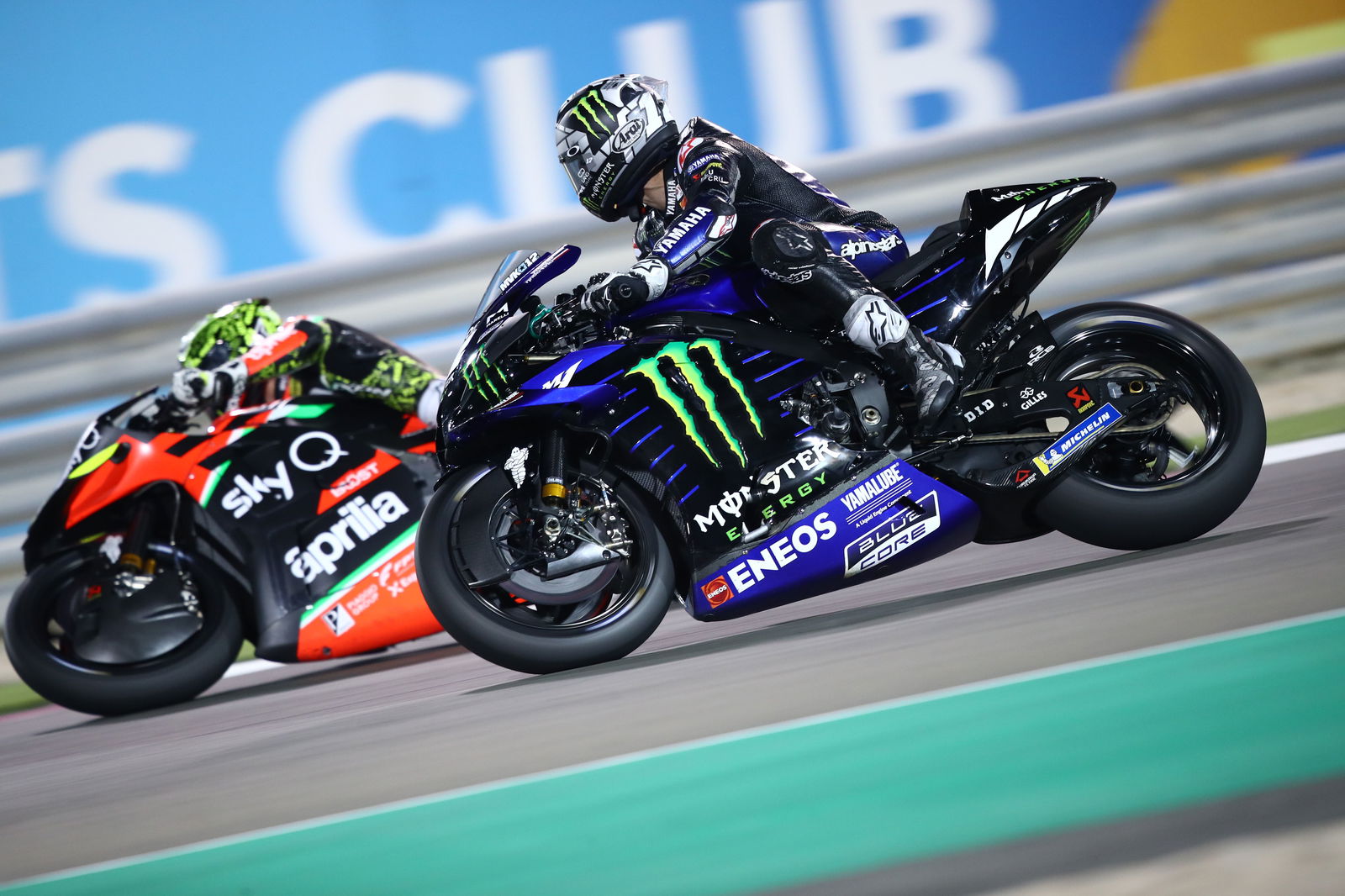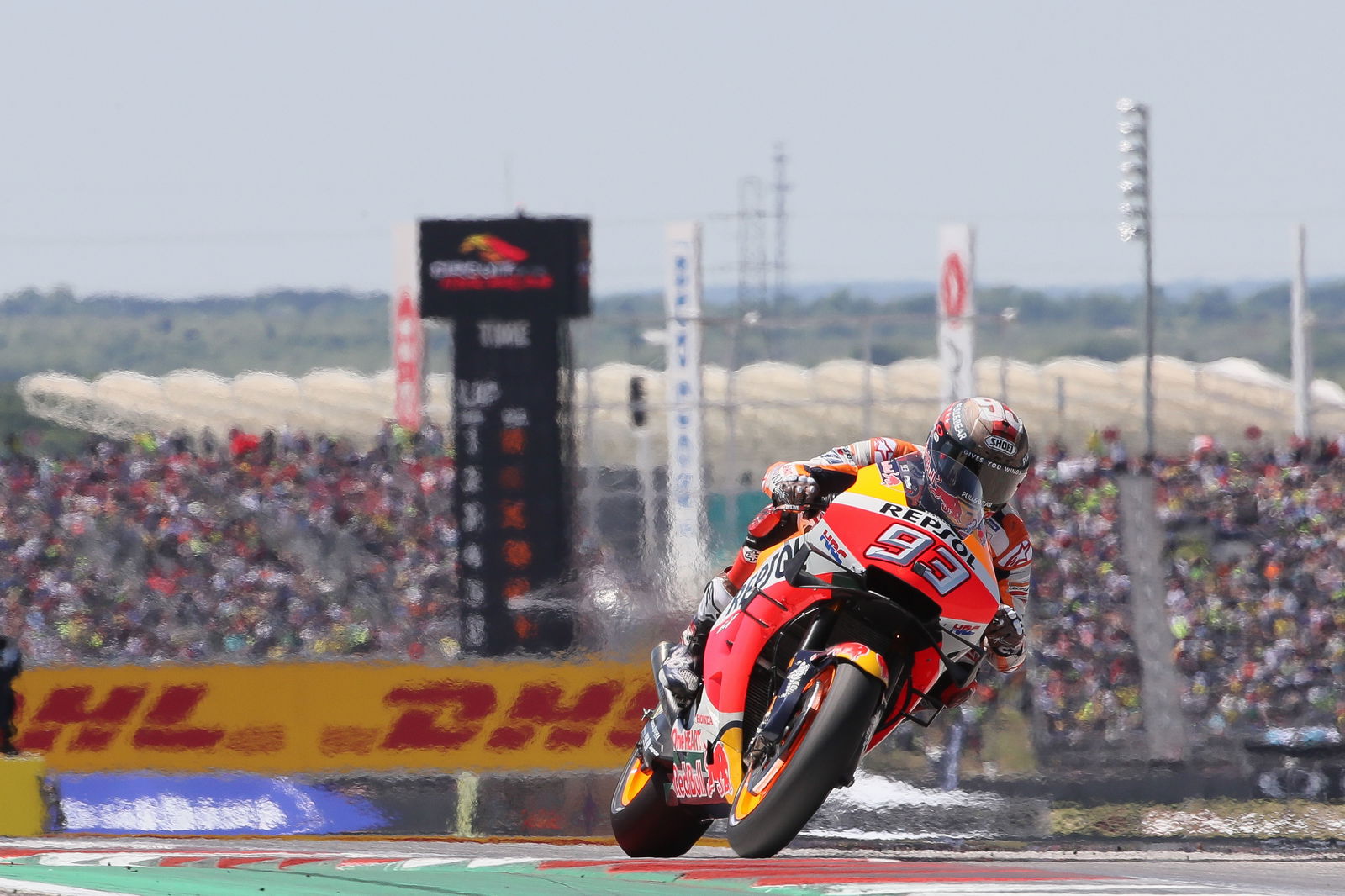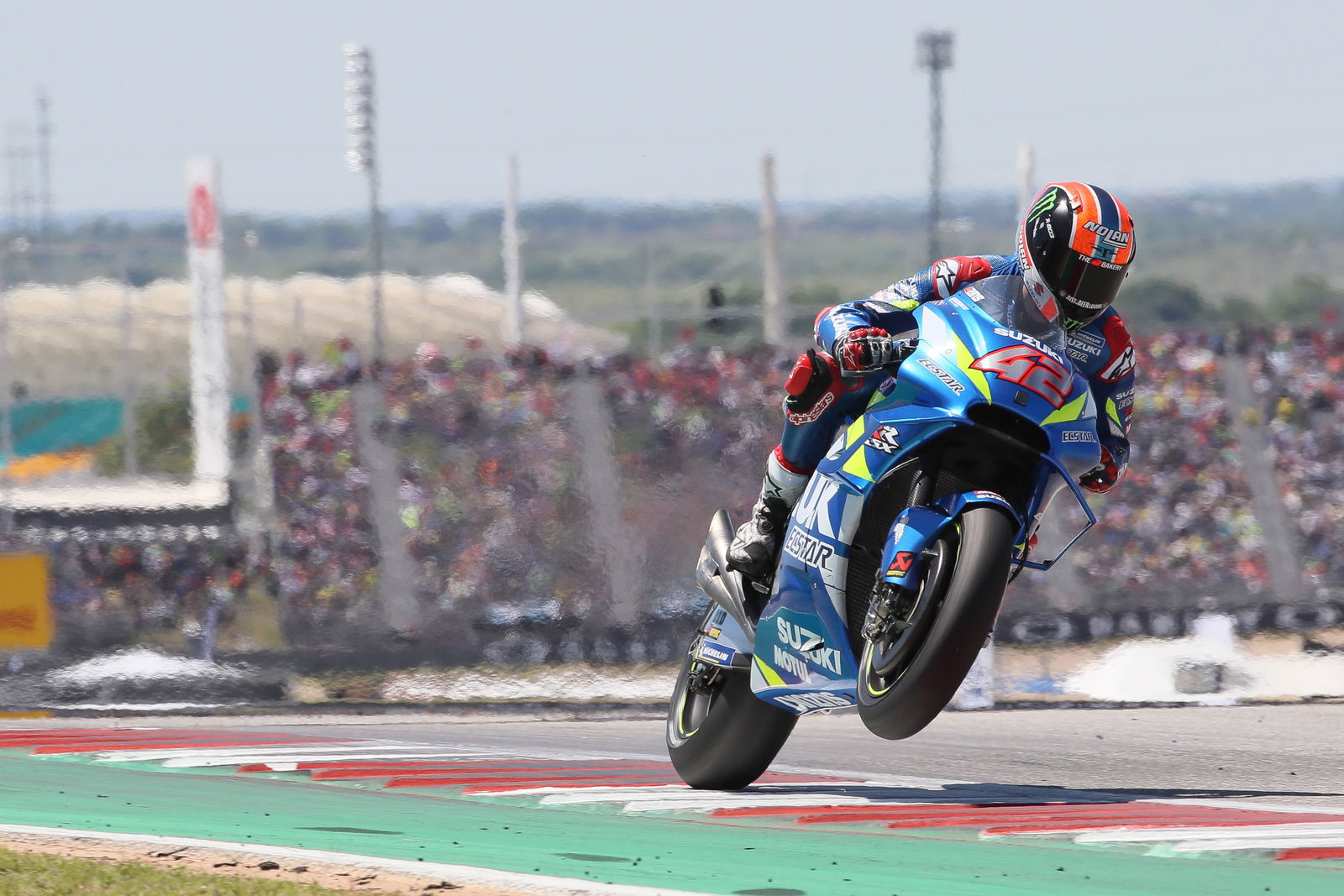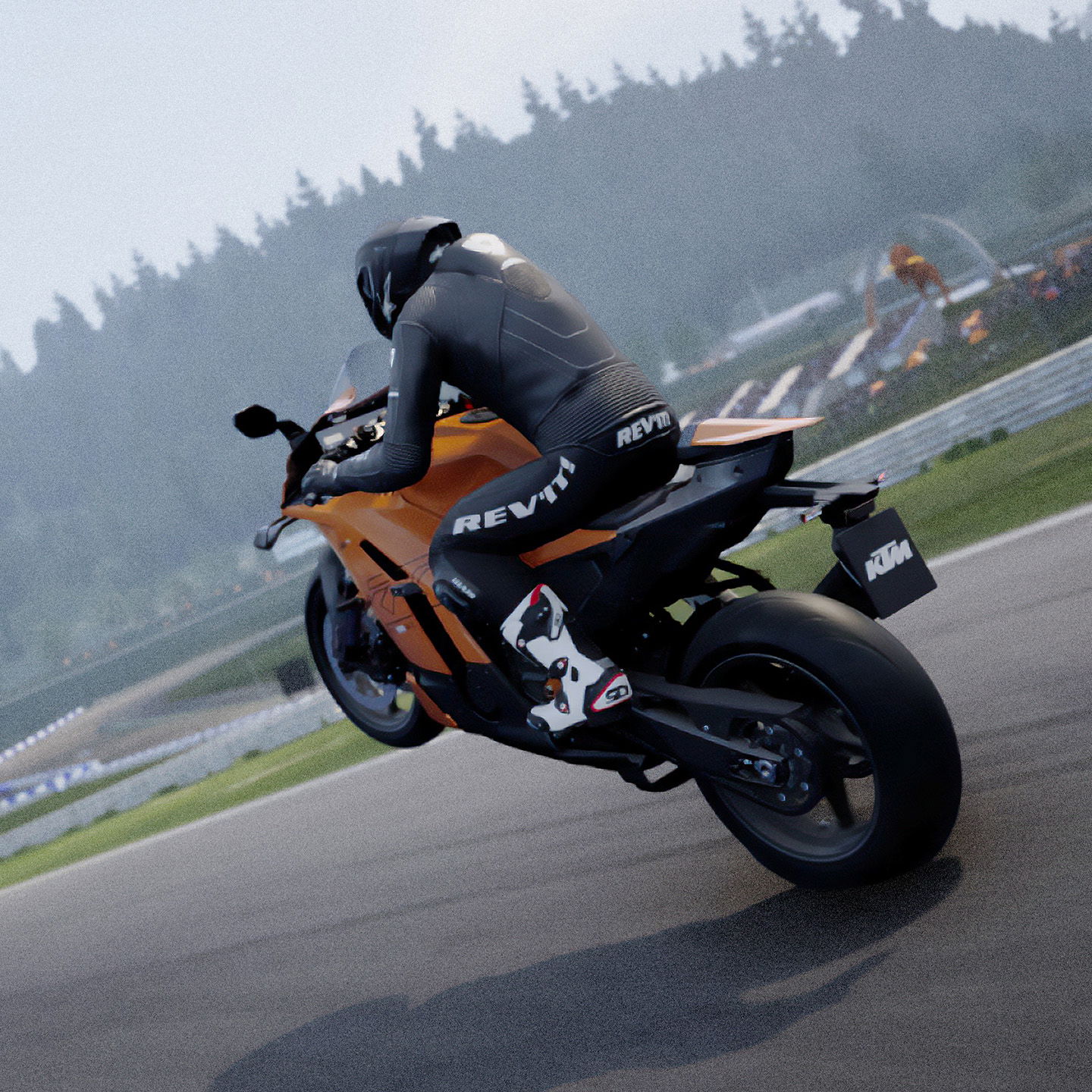How the coronavirus crisis-hit 2020 MotoGP season can still happen
The 2020 MotoGP World Championship has been thrown right into the air by the coronavirus - so what options are left to ensure season resumes

The 2020 Motorcycle Grand Prix season kicked off this weekend in Qatar, but did so in eerie fashion after the premier MotoGP class was excluded from the programme due to the ripple effect of the coronavirus crisis, leaving just the Moto2 and Moto3 classes to get on with it instead.
Motorsport’s international status and ability to attract tens of thousands of people to a single venue means it is fairly uniquely affected by the virus’ impact. Indeed, while the likes of tennis and football can be contested globally too, they are more easily rearranged and don’t feature the same participants each time.
As such, MotoGP’s season opener has been deferred to April 3-5 at the Austin MotoGP round, but even that is under threat now such is the fast-changing situation engulfing the sport.
Indeed, as it stands only 3 of the opening 7 rounds can go ahead based on measures in place and this includes the under-threat USA event. After that, Round 4 in Argentina remains on course according to organisers, while Spain has relatively minor restrictions that right now wouldn’t stop Jerez from happening
However, thereafter the French event at Le Mans isn’t going ahead as it stands due to bans on any public gatherings of more than 1,000 people, while the following Italian round in Mugello is threatened by Italy’s wide-scale quarantine status.
If that means 5 of the original 7 starting rounds are cancelled, it brings MotoGP dangerously close to the minimum limit – 13 events – for the season to still be counted as a World Championship series.
As such, Dorna will surely be considering a contingency to ensure it meets minimum requirements at the very least… we consider what they could be.

Complete calendar reshuffle
This has already happened to a certain extent with Thailand being bundled to the latter half of the season, though that is relying on the fact the crisis abates by then. We hope.
Trouble is, there is precious little space between events without forcing some demanding schedules on teams and riders, not to mention the various logistical headaches. Indeed, Thailand’s shift means there will now be five events in six weeks towards the end of the year.
With this in mind it seems likely the summer break will be scrapped this year if it means races can still go ahead within the seasonal parameters.
One of the more interesting solutions put forward is bringing forward events currently not restricting movement quite so ardently, freeing up space for rounds like the US to have the option of rescheduling if postponed.
However, though it would potentially allow contracted events to take place, it would still be a sizeable wrangle to change dates, while also relying on those measures remaining unchanged in the meantime.
An extension of this put forward could also see some rounds adopt two events this year, with Sepang CEO Razlan Razali saying his Malaysian venue is prepared to step with an early season event if need be.
Extend the season – into 2021 if it must…
Whether Carmelo Ezpeleta was being entirely serious about extending the MotoGP season to Christmas remains to be seen, but it certainly could present some solutions.
Extending the season would be possible depending on the events postponed, with locations like Qatar, Thailand and Malaysia probably able to host events right into December without worrying about the weather.
Of course, lower temperatures and more volatile seasonal weather might even throw in an unusual dynamic for the riders, though it’s not likely to appeal to spectators sat in the stands all day. Unless they are British, which in that case they’re entirely used to it.

Events run behind closed doors
Another option Ezpeleta has floated but hasn’t exactly gone down well with fans is the option to run races behind closed doors - essentially a race without any spectators’ present.
From a fan-perspective this choice seems unfathomable and in some ways makes a mockery of the sporting elements versus what people would perceive as a purely commercial move for a company preferring to keep sponsors happier than the spectators.
In Dorna’s defence, it would mean races going ahead at least, which ensures TV time that keeps advertising revenue streaming in, gives fans something at least to watch on TV and allows the season to get going.
This doesn’t fix all problems though. While this strategy would have allowed the Thailand MotoGP race to go ahead by getting around its ban of large gatherings – as well as upcoming rounds in USA and France - it wouldn’t have helped in Qatar due to the restrictions on Italian movement.
Interestingly though, the Bahrain F1 Grand Prix will adopt this approach for its event later this month, potentially creating a precedent MotoGP could be prepared to now follow.
Double header events
One of the simpler solutions to make up races is double up some of the events and allow two races to happen on a single race weekend.
If multiple races are unable to go ahead and no room to postpone them to later in the year, it could be left to some of the latter stage events getting two MotoGP races instead of one, say on a Saturday and a Sunday, with qualifying on a Friday.







